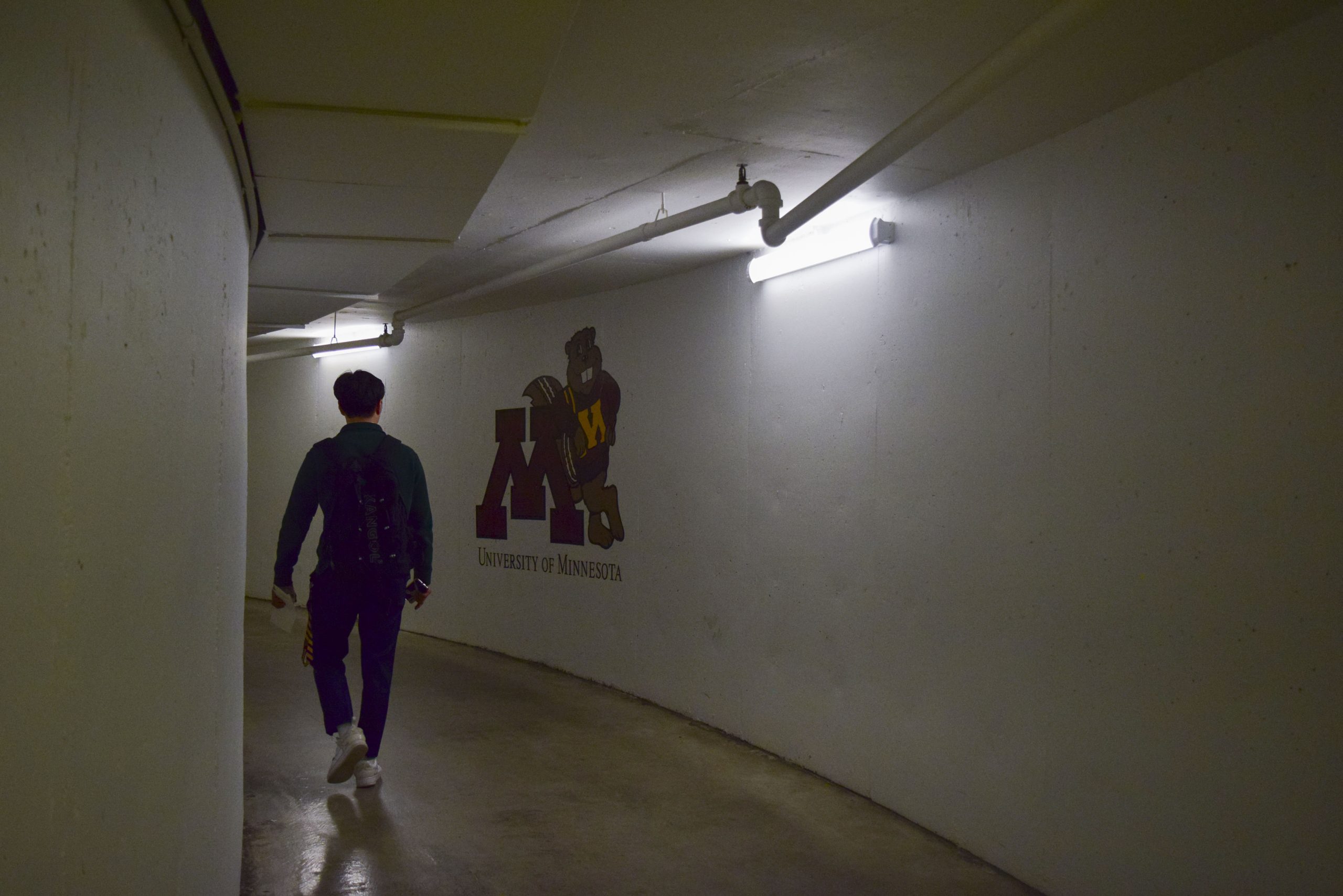A few days ago when I was filling up my car with gas, I watched the numbers on the gas pump climb higher and higher. I then grudgingly handed over my debit card to the cashier and decided not to buy the diet soda that I was planning to treat myself to. As I pulled out of the gas station that afternoon, I thought to myself, “I am going to have to come up with some other ways to get around town this summer. Gas is too expensive for a college studentâÄôs budget.”
I am certain that I am not alone in this predicament; many other students find themselves here as well. Jobs are scarce, gas is expensive, a tuition increase looms and fossil fuels are damaging the environment.
However, even black clouds of smoke and pollution have a silver lining âÄî renewable energies will have to be our solution to rising gas prices that make us dig deeper and deeper into our pockets. ItâÄôs coming down to the fact that college students cannot afford current gas prices âÄî we need to wean ourselves off of fossil fuels to keep not just the earth sustainable, but our budgets, too.
One form of renewable, sustainable energy that is being heavily researched at the University of Minnesota is in the form of renewable “petroleum.”
The U.S. Department of Energy just granted Janice Frias and her research team in the College of Biological Sciences $2.2 million to research renewable petroleum fuels. The team is using a bacterium called Synechococcus that fixes carbon dioxide in the presence of sunlight to convert said carbon dioxide into sugars. The team feeds these sugars to another bacterium that makes hydrocarbons. This combination of hydrogen and carbon can then be used in place of increasingly expensive petroleum in the day-to-day lives of those who find themselves sacrificing diet soda âÄî like myself âÄî because of the price of fossil fuel products like gas.
The ingredients for creating this particular source of energy do not come from under the earthâÄôs surface, and it will leave a lot less pollution compared to yet another common source of energy: coal.
Currently, the University uses coal to provide about 30 percent of its energy. Coal takes years to make and itâÄôs dirty and expensive.
On a brighter note, sunlight is one of the earthâÄôs better resources. Without it, life on earth would cease to exist, our food could not grow and we would be living in absolute darkness. This means that the energy we get from the sun is crucial for our livelihood âÄî why not extend that use with solar energy?
By the time the class of 2015 graduates, solar energy is projected to be cheaper than coal. The University could help to reduce its carbon footprint by doing away with the old and investing in this newer and better form of energy. After all, Pulitzer Prize winner and Minnesota native Thomas Friedman wrote that the Stone Age didnâÄôt end because we ran out of stones, but because we stopped using said stones after finding a better, more innovative way to operate.
Solar energy and hydrocarbon energy are only two forms of the many sources of renewable energy. They also require a lot of research and patience in order to learn how to use them efficiently, but such energy sources may soon be a cheaper alternative to fossil fuels.
I promised myself I would use recycled grocery bags, energy-efficient compact fluorescent light bulbs and reusable water bottles in order to get off of fossil fuels and encourage a more sustainable world. Every little bit of recycling will lead us towards making a difference in our society. With time, we can give our environmental situation a silver lining and hopefully save even more than just enough money to buy that bottle of diet soda.
Courtney Johnson welcomes comments at [email protected].










